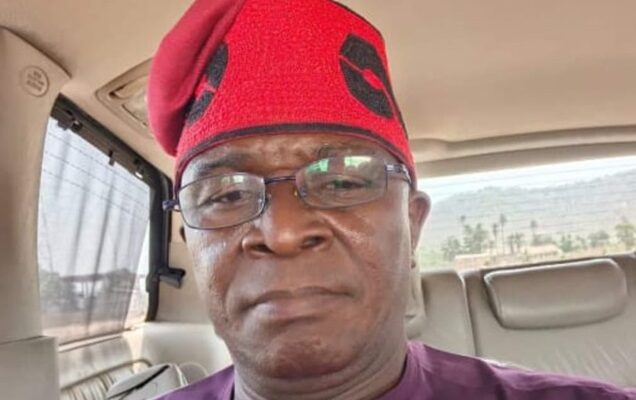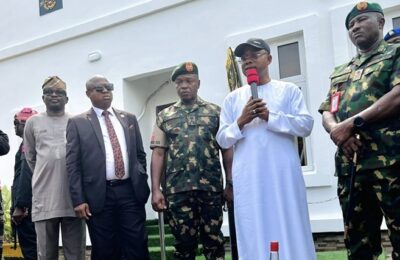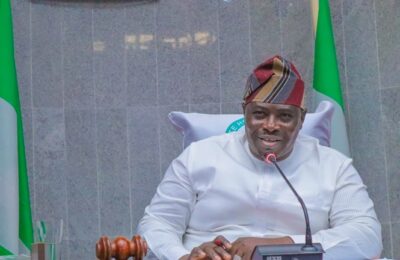By Musa Bakare
Irrespective of dissenting voices from coalition opposition, Nigerians are witnessing a phase of transformational governance, infused with renewed optimism ahead of 2031 and beyond under the very able leadership of President Bola Ahmed Tinubu.
There is a growing sentiment among the populace that they made an astute choice in electing Asiwaju Tinubu in 2023, they are already convinced that his performance in this first term will facilitate an overwhelming re-election victory for him in 2027.
In a nation where challenges have often seemed insurmountable and genuine progress elusive, President Tinubu’s leadership has sparked optimism and belief in the potential for national transformation.
Since assuming office, President Tinubu has exhibited exceptional competence and political will, alongside strategic insight and bold reformative courage to tackle Nigeria’s deep seated issues, ranging from economiic stagnation, security challenges, weak infrastructure, and healthcare inadequacies to leadership inertia.
For decades, Nigeria struggled with an economy overly reliant on oil, rampant unemployment, and leadership inadequacies, which thwarted bold actions necessary to address pressing national concerns.
However, under President Tinubu’s administration, economic diversification has finally been prioritized as a national imperative.
Through market-friendly reforms, support for local industries, incentives for foreign investment, and entrepreneurship initiatives, the administration is generating jobs and stabilizing the economy, outcomes that have diminished opponents’ criticisms and bolstered public confidence in the President’s economic team.
Addressing insecurity from insurgency in the Northeast to widespread kidnappings and banditry, President Tinubu’s administration has taken serious steps by enhancing inter agency cooperation, deploying advanced intelligence technology, and boosting the morale of security forces. These efforts have yielded measurable gains in restoring peace, particularly in the most volatile regions.
Understanding that no nation can realize its potential without investing in its youth, President Tinubu’s government is increasing funding for public education, advancing vocational training, and digitizing learning to create a future ready generation. This initiative reflects not merely an education reform, but a significant push toward youth empowerment.
The COVID-19 pandemic illuminated the fragility of Nigeria’s healthcare infrastructure. In response, President Tinubu’s government has formulated a clear strategy for health infrastructure development, expanded medical access, and mainstreamed mental health into national policy. Such measures are already reinforcing the system and ensuring preparedness for future emergencies.
The administration’s infrastructural agenda is both deliberate and strategic. From roads to rail and energy access, key projects are underway, facilitated through public-private partnerships and global collaborations, enhancing trade, mobility, and national integration. Infrastructure can no longer be treated as a mere campaign promise; it is now a work in progress.
Rooted in results, inclusion, and national renewal, President Tinubu’s governance philosophy redefines what leadership entails in Nigeria. His unwavering commitment to addressing interconnected issues, economy, security, health, education, and infrastructure marks his era God willing from 2023 to 2031 as a potentially defining chapter in Nigeria’s history.
As he guides the nation forward, there is palpable optimism among Nigerians that his eight-year tenure will mark a pivotal turning point, transforming long-standing challenges into sustainable development.
With boldness, vision, and empathy, President Tinubu is establishing a new standard for transformational leadership in Nigeria, and the electorate is primed to renew his mandate in the 2027 Presidential election.
Musa Asiru Bakare, a Foundation Member of All Progressives Congress (APC), Member, Tinubu Support Group (TSG) and Political Analyst, writes from Lokoja, Kogi State.




